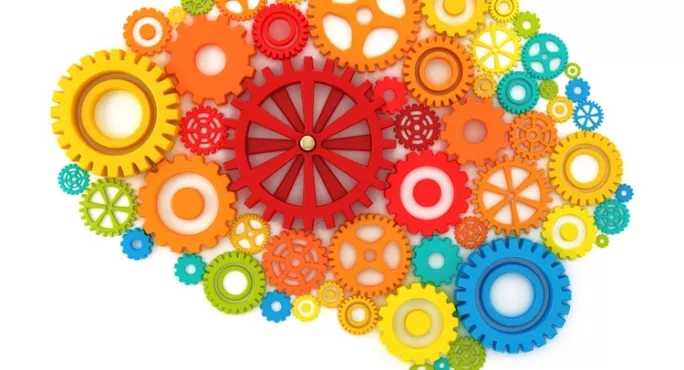How often do we let thoughts dominate our thinking without stopping to question their trustworthiness or usefulness? How often do these same thoughts cause us stress and anxiety?
As educators, we spend a great deal of time encouraging our students to self-reflect, but rarely do we give ourselves time to do the same. If we were able to get some headspace to analyse what was worrying us, we would be much better at managing those thoughts.
A shortcut is to recognise when the ways we are thinking are unhelpful. Here are some of the most common unhelpful mindsets:
1. Black and white/all or nothing thinking
Thinking in extremes of good or bad, wrong or right and missing anything in between - if you catch yourself writing a lesson off as a disaster due to one incident with one child, you know you have fallen into this trap.
2. Mental filter/confirmation bias
Noticing only things that fit our usually gloomy perspective and ignoring or disqualifying any evidence to the contrary. We are all guilty of this: perhaps you did not get a personal thank you for your inset presentation and decided you did an awful job. The fact that no one else got a thank you, either, passes you by…
3. Emotional reasoning
This is where you mistake your feelings for reality. Perhaps you were having a very emotional day and believed every lesson must have been awful. The reality is, you are a professional and the kids almost certainly did not notice any difference.
4. Jumping to conclusions
Suddenly, you can both mind-read and predict the future. You decide, for example, that a parent looked at you funnily and hates you, and within 10 minutes you have foreseen your own sacking on a false accusation from that very same parent. This should be easy to spot - a small amount of rational thought should dissipate this nightmare.
5. Mountains and molehills
A favourite of many: blowing things out of proportion and catastrophising. Perhaps you made a slightly ambiguous comment about a colleague and by the time you were tucking into dinner you had decided everyone now considered you a snide and horrendous person. The reality? No one noticed.
6. Shoulds and musts
Common among perfectionists, this is where we use critical words, such as “should” or “must” or “ought”, which makes us feel guilty or like we’ve failed: “I’m an experienced teacher - I should be able to handle that pupil.”
7. Personalisation
Blaming yourself or taking responsibility for something that isn’t entirely, or even vaguely, your fault. Perhaps a child in your form group got into a fight at breaktime and you decided that you should have prevented it. How? You’re not sure, you were on a school trip that day, but you feel really guilty…
Jo Steer is a teacher and experienced leader of SEND interventions and wellbeing strategies





